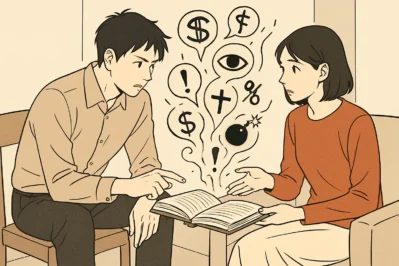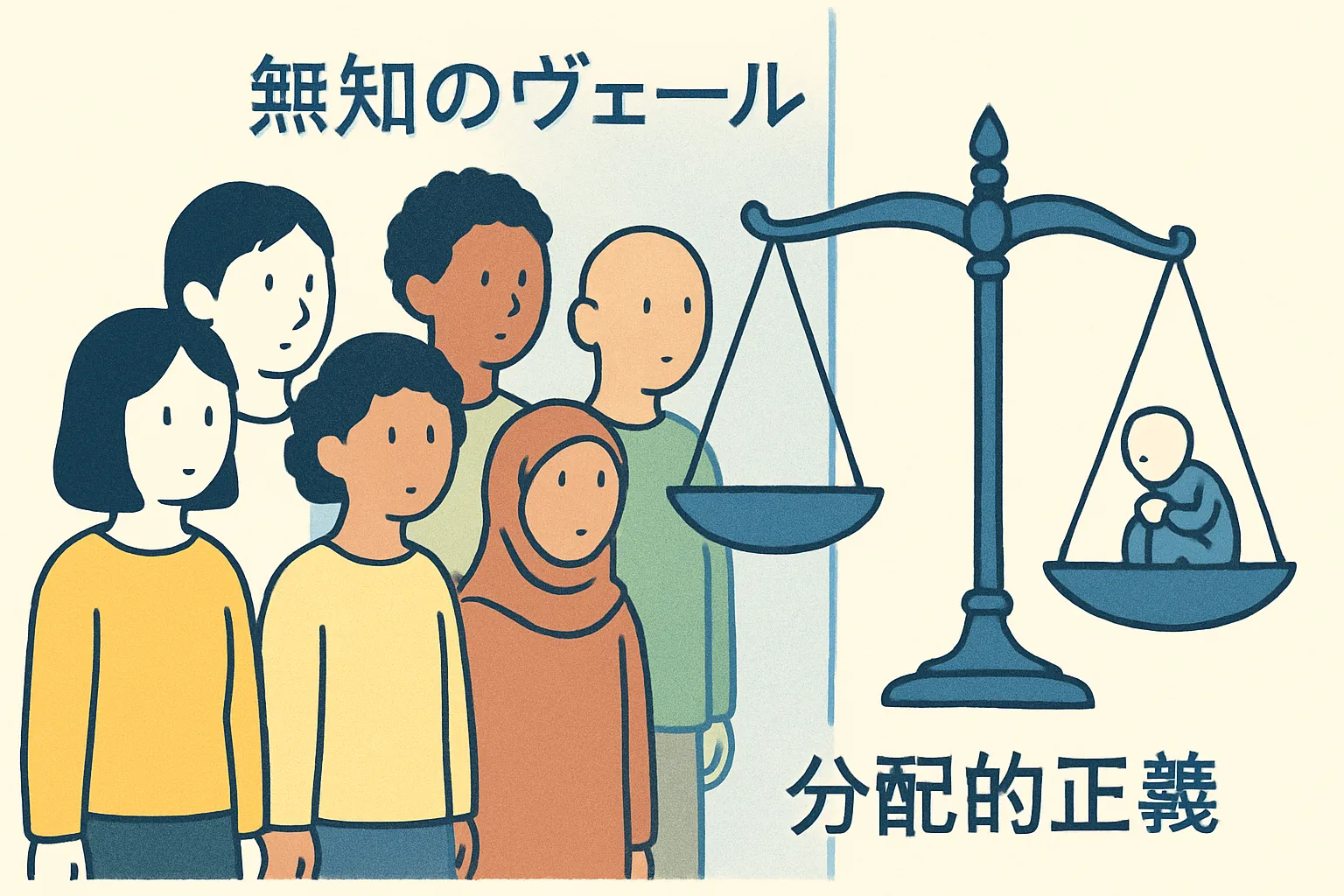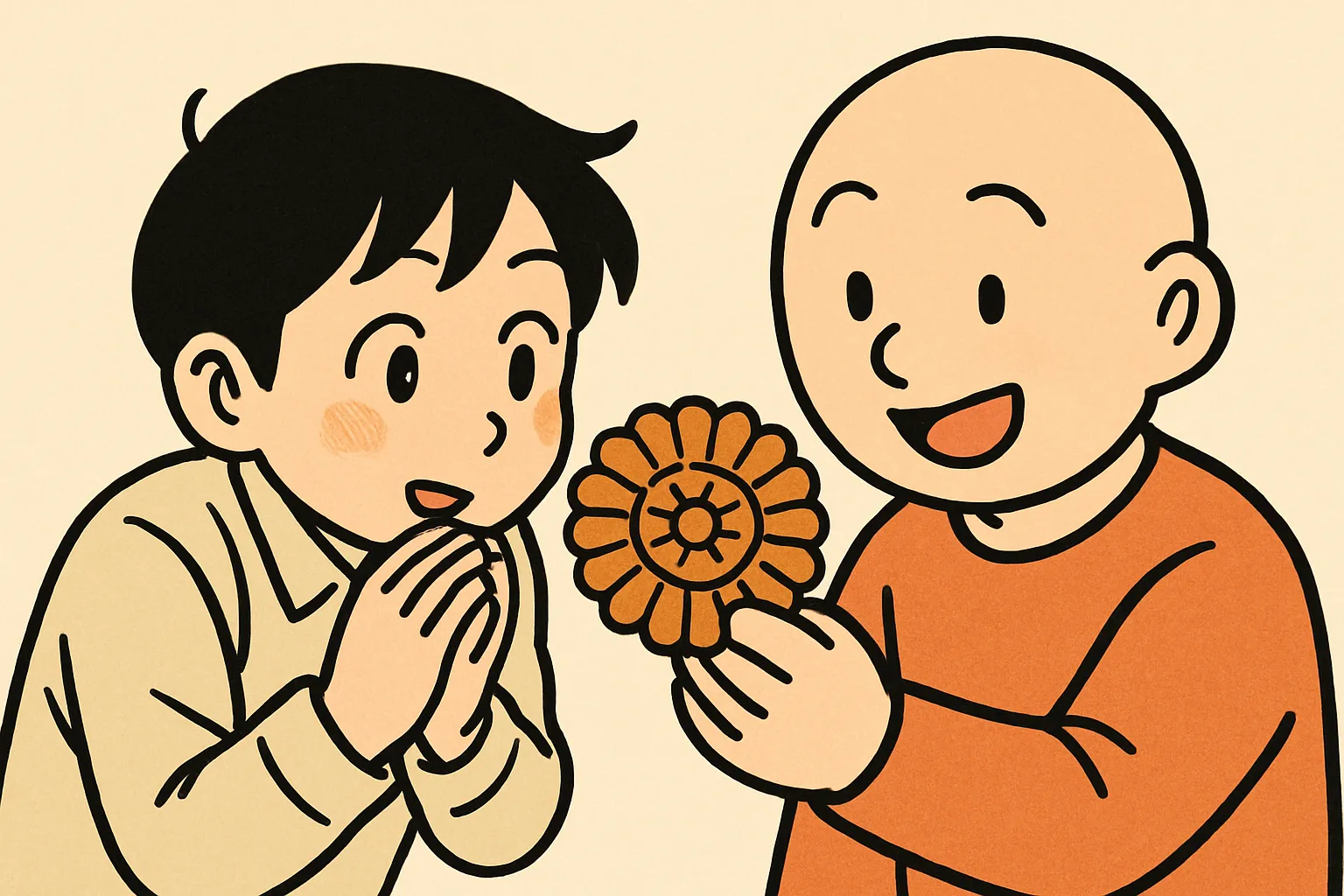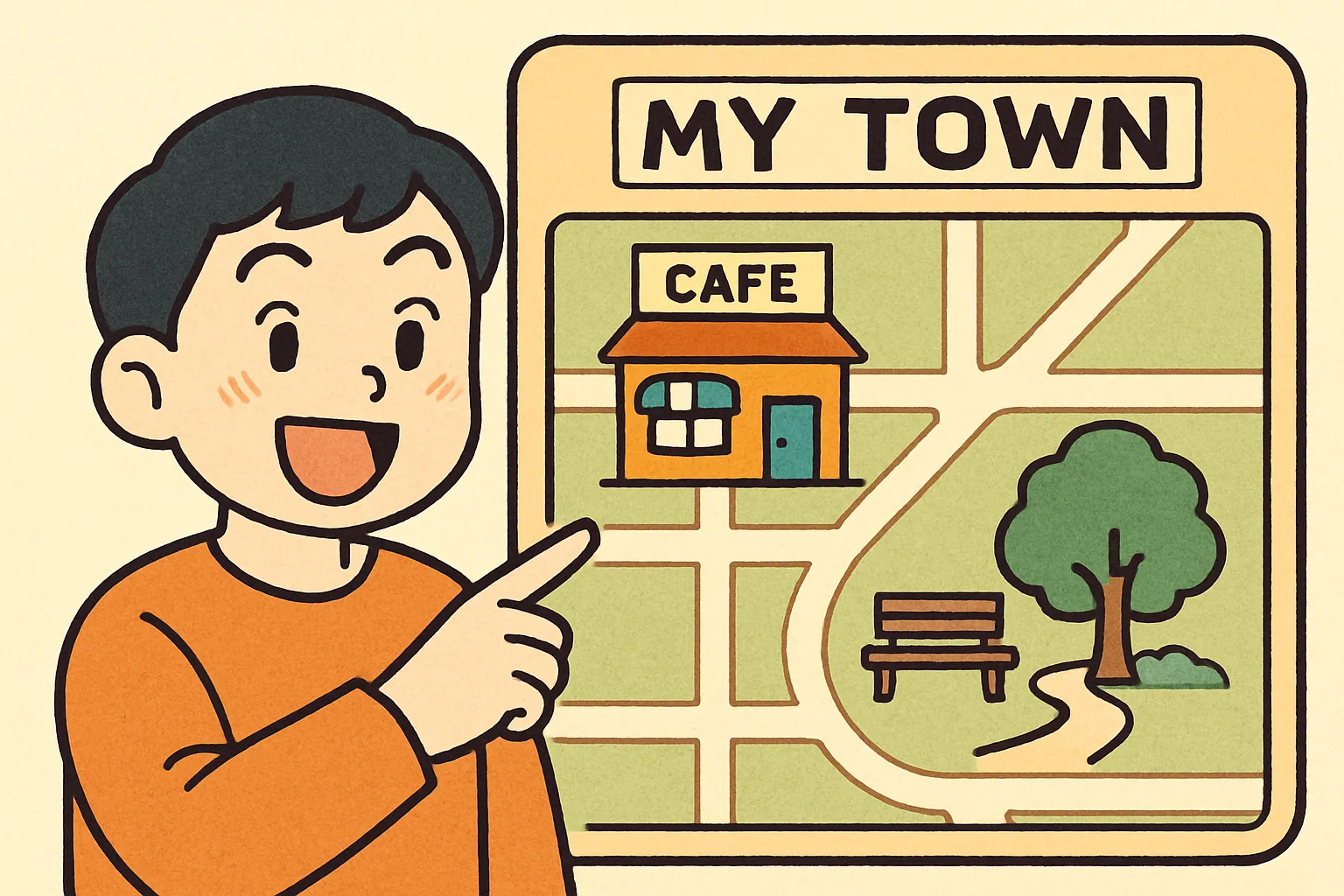Hello! This is Maeil Hangeul, here to upgrade your advanced Korean skills!
Have you ever finished a book or a movie and felt there was so much more to discuss than just the plot? Today, we’re diving deep into the art of literary discussion. We’ll learn the sophisticated Korean expressions you need to analyze a work’s social and philosophical messages like a true intellectual.
Lately in Korea, there’s a huge trend of novels being adapted into hit dramas and films, like the internationally acclaimed Pachinko or the socially impactful Kim Jiyoung, Born 1982. These adaptations have sparked intense public conversations, moving beyond entertainment to become nationwide debates on history, society, and identity. This is your chance to learn the language needed to join these profound discussions!
Let’s get started!
Core Expressions for Deep Analysis
Here are four essential expressions that will elevate your literary analysis from simple summaries to insightful critiques.
1. 작품에 투영되다 (jakpum-e tuyong-doeda)
- Romanization: jakpum-e tuyong-doeda
- English Meaning: To be projected/reflected in a work.
- Detailed Explanation: This is a highly sophisticated phrase used in formal critiques and academic discussions. Instead of simply saying a book “shows” a problem (보여주다),
투영되다implies that a specific societal condition, a historical reality, or the author’s personal philosophy is deeply embedded and reflected within the fabric of the story. It suggests a strong, almost inseparable link between the work and the reality it represents.
2. 화두를 던지다 (hwadu-reul deonjida)
- Romanization: hwadu-reul deonjida
- English Meaning: To raise a major issue for discussion; to throw a topic into the ring.
- Detailed Explanation:
화두is a term originally from Zen Buddhism meaning a topic for deep meditation or conversation.던지다means “to throw.” This powerful idiom means a work of art doesn’t just mention a problem, but forcefully introduces a significant, thought-provoking question for society to grapple with. It’s used when a work sparks a major public debate or forces people to confront an uncomfortable truth.
3. 행간의 의미를 읽다 (haenggan-ui uimi-reul ikda)
- Romanization: haenggan-ui uimi-reul ikda
- English Meaning: To read between the lines.
- Detailed Explanation: This is a direct and elegant equivalent of the English idiom.
행간(行間) literally means “the space between lines of text.” This expression is perfect for discussing subtext, symbolism, and implicit messages that aren’t explicitly stated by the author. It demonstrates your ability to analyze literature on a symbolic level, beyond the surface narrative.
4. 시사하는 바가 크다 (sisahaneun ba-ga keuda)
- Romanization: sisahaneun ba-ga keuda
- English Meaning: To have significant implications; to be highly suggestive.
- Detailed Explanation: This is an excellent phrase for concluding your analysis.
시사하다means to imply or suggest, and바가 크다means “the extent is large.” So, the phrase means “That which it implies is great.” You use this to state that the message or theme of a work has broad, important, and lasting relevance to the audience or society as a whole. It’s a formal and impactful way to summarize the work’s importance.
Example Dialogue
Let’s see how these expressions work in a real conversation. Jihye and Michael are discussing Bong Joon-ho’s film Parasite (기생충).
A (Jihye): 마이클 씨, ‘기생충’을 보고 나서 생각이 정말 많아졌어요. 이 영화가 전 세계에 화두를 던진 이유를 알 것 같아요.
Michael, I’ve had so many thoughts after watching Parasite. I think I understand why this film raised such a major issue for the whole world.
B (Michael): 맞아요. 한국 사회의 계급 문제가 영화 전체에 너무나 선명하게 투영되어 있더라고요. 건축 양식이나 공간의 대비를 통해서요.
I agree. The class problem of Korean society is so clearly projected throughout the entire film, through the architecture and the contrast of spaces.
A (Jihye): 특히 대사 하나하나에 숨겨진 행간의 의미를 읽다 보면 더 소름이 돋아요. ‘선을 넘는다’는 개념이 계속 반복되잖아요.
Especially when you read between the lines of each piece of dialogue, it’s even more chilling. The concept of ‘crossing the line’ is repeated constantly, isn’t it?
B (Michael): 네, 바로 그 점 때문에 이 영화가 오늘날 우리에게 시사하는 바가 큰 것 같아요. 단순히 한국만의 이야기가 아니라는 거죠.
Yes, that’s exactly why I think this film has such significant implications for us today. It shows that this isn’t just a story about Korea.
Culture Tip & Trend Deep Dive
In Korea, when a work like Parasite or a novel like Han Kang’s The Vegetarian gains international acclaim, the national conversation around it is incredibly deep. Online forums, book clubs (북클럽), and YouTube critics (영화 유튜버) don’t just review the plot; they deconstruct it.
Using today’s expressions—작품에 투영되다, 화두를 던지다, 행간의 의미를 읽다, 시사하는 바가 크다—instantly signals that you are a culturally fluent participant, not just a passive observer. It shows you understand that these works are not just entertainment, but cultural artifacts that reflect, question, and shape Korean society. Mastering these phrases allows you to engage in the kind of high-level discourse that native speakers have about the art that matters to them.
Let’s Review and Practice!
Great job today! We learned four sophisticated expressions to help you analyze and discuss literature and film like an expert.
Now, let’s put your knowledge to the test!
- Fill in the Blank:
그 소설은 1950년대 한국전쟁 직후의 가난한 현실이 잘 _______________.
(The novel well _______________ the poor reality of the post-Korean War era in the 1950s.)
Hint: Use a form of투영되다. -
Make a Sentence:
Think of a book, film, or drama that made a strong impression on you. Using the phrase 시사하는 바가 크다, write one sentence explaining why its message was so important.
What did you think of today’s lesson? And what are your answers to the practice questions? Share your thoughts and your sentences in the comments below using the expressions we learned today






